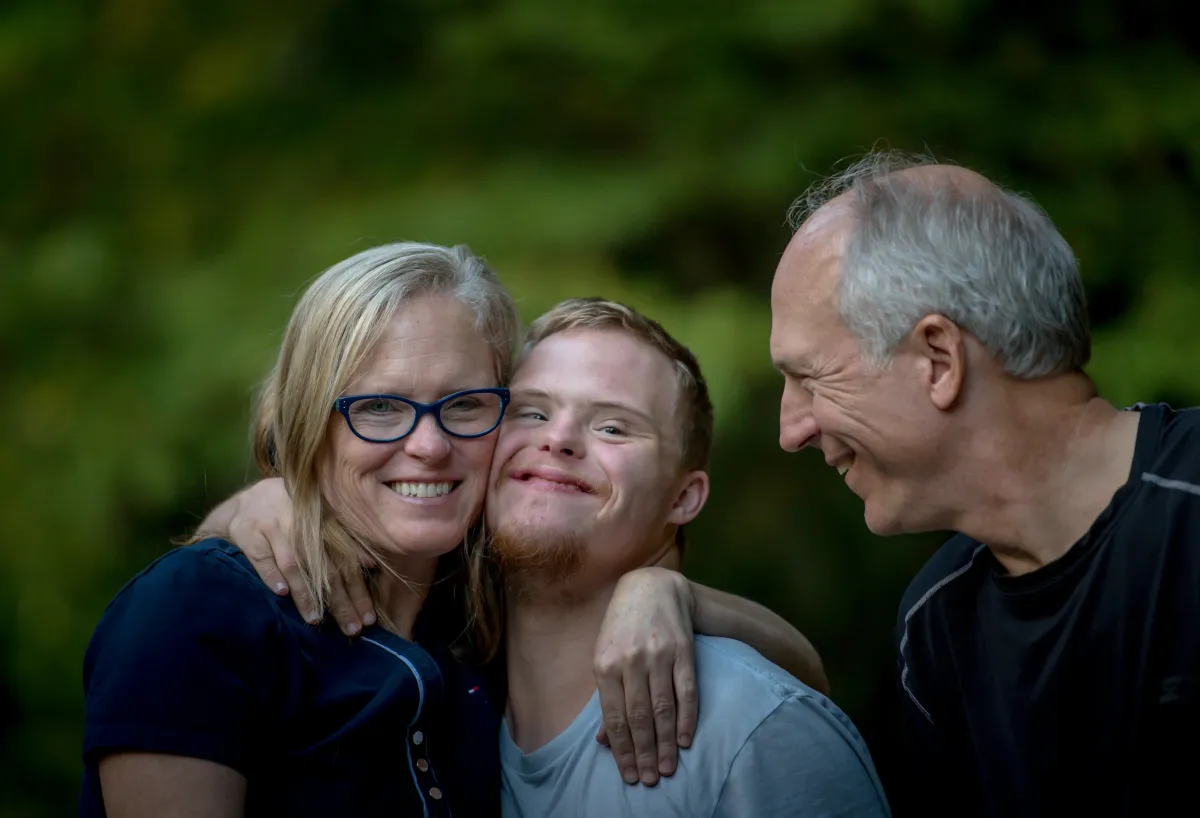Services
We're committed to providing you with outstanding legal service through clear communication, personalized support, and exceptional value, all at an affordable price.

Estate Planning
We're dedicated to accommodating your preferences, from traditional in-office consultations to home, workplace, and virtual meetings. Our team will keep in touch through calls, emails, and texts, and adapt to major life changes affecting your estate plan, ensuring updates and amendments as needed. We also handle all legal formalities, including notarization and witness signatures, even in unconventional locations, all included in our flat fee.



Capacity and Care Planning
Planning for diminished capacity or long-term care needs isn’t just about documents—it’s about dignity, protection, and peace of mind. We guide families through the legal tools needed to care for aging loved ones, individuals with disabilities, or those facing declining health. Whether establishing guardianships or conservatorships, creating special needs trusts, or preparing for Medicaid and long-term care, our approach is thoughtful and tailored to your family’s unique situation. These plans work hand-in-hand with your estate plan to ensure loved ones are supported, protected, and empowered throughout every stage of life.

Probate
Have you been told that you need Letters Testamentary to proceed? Navigating the probate process can seem daunting, but we're here to guide you through it with ease. Our expertise in settling estates ensures a smooth transition, allowing you to move forward with confidence.



Prenuptial Agreements
A well-crafted prenuptial agreement is not just about protecting assets—it's about planning for the future with clarity and care. Whether you're entering a first marriage, blending families, or preparing for the unexpected, a prenup can complement your estate plan by ensuring your wishes are honored in times of transition. We help couples create fair, customized agreements that support long-term peace of mind and integrate seamlessly with broader life care, probate, and inheritance goals.
Frequently Asked Questions
Answers To Commonly Asked Questions
How transparent are the costs associated with this service?
For most matters, we charge a flat fee. That means that you know what the cost will be before we begin and you don’t have to worry about being charged every time you call or email us. Your circumstances and estate may change the cost, but most people pay $2500 for a trust. If you have an uncontested probate, most people will pay $2000.
Can You Explain the Probate Process and How Long it Typically Takes?
Probate is the legal process through which a deceased person's estate is properly distributed to heirs and designated beneficiaries and any debt owed to creditors is paid off. The duration can vary greatly depending on the size and complexity of the estate, but it typically takes anywhere from a few months to over a year.
What is VA Aid and Attendance Benefit and Who Qualifies for it?
VA Aid and Attendance is a benefit paid in addition to monthly veteran pensions. It's designed for veterans and surviving spouses who require the aid of another person to perform personal functions required in everyday living. Eligibility depends on factors like military service, income, and medical needs.
What are letters testamentary?
A letter of testamentary is a legal document issued by a court following the probate process. While this can seem overwhelming, our team is here to guide you through each step and make things as simple as possible.
What Are the Responsibilities of a Guardian in a Guardianship?
A guardian is a person appointed by the court to make decisions on behalf of someone who is unable to do so themselves, often due to incapacity. Responsibilities typically include making financial, medical, and personal decisions for the ward, and ensuring their overall well-being and care.
How Often Should I Update My Estate Plan?
It's advisable to review and potentially update your estate plan every three to five years or after major life events like marriage, divorce, the birth of a child, or significant changes in financial status. This ensures that your estate plan accurately reflects your current wishes and circumstances.


